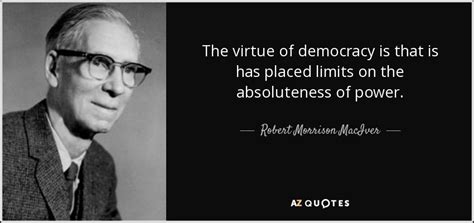A Quote by Neal Stephenson
That we occasionally violate our own stated moral code does not imply that we are insincere in espousing that code.
Quote Topics
Related Quotes
There's a definite sense this morning on the part of the Kerry voters that perhaps this is code, 'moral values,' is code for something else. It's code for taking a different position about gays in America, an exclusionary position, a code about abortion, code about imposing Christianity over other faiths.






































